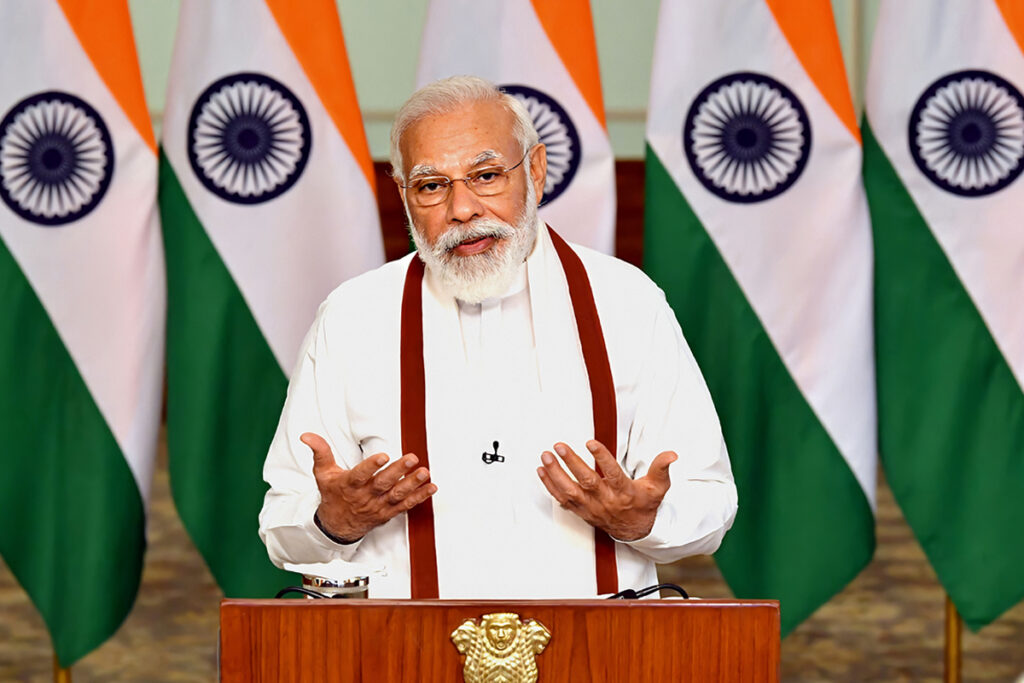In the lead-up to India’s imminent national elections, the opposition alliance, originally crafted to topple Prime Minister Narendra Modi’s government, now finds itself in disarray. Once a robust coalition boasting over two dozen parties, it has succumbed to internal discord, ideological clashes, and a wave of political defections, according to analysts closely monitoring the situation.
Headed by the Indian National Congress, the alliance had set its sights on challenging Modi’s Bharatiya Janata Party (BJP), particularly following Modi’s recent surge in popularity following the inauguration of a Hindu temple in Ayodhya. However, the solidarity among opposition factions has eroded significantly, with several key members opting to pursue independent electoral paths.
Negotiations regarding the allocation of seats within the alliance have reached an impasse, primarily due to Congress’ insistence on fielding candidates in a majority of constituencies, even in regions where its support base is limited. This stance has prompted crucial partners in states like West Bengal and Punjab to declare their intentions of contesting the elections autonomously.
Further exacerbating the alliance’s predicament is the unexpected defection of Nitish Kumar, the Chief Minister of Bihar and a pivotal figure within the opposition camp, to Modi’s BJP. Analysts suggest that Modi’s party has adeptly exploited the underlying mistrust within the opposition ranks, orchestrating defections and undermining the collective strength of the alliance.
The inability of the opposition to present a united front and articulate a compelling counter-narrative to challenge Modi has only served to bolster his prospects of securing a third consecutive term. Meanwhile, the Congress party, grappling with internal discord and struggling to connect with voters, had only managed to secure a paltry 52 seats in the previous election.
Modi has effectively capitalized on projecting himself as an outsider challenging the entrenched political establishment, resonating particularly with India’s Hindu majority. Despite facing criticism for intertwining religion with politics, Modi’s approach appears to have resonated with voters, further solidifying his support base.
Nevertheless, the opposition alleges unfair targeting by federal agencies, accusing them of launching politically motivated investigations against alliance leaders while conveniently dropping cases against those who switched allegiance to the ruling BJP. Such allegations, according to opposition lawmakers, undermine the democratic fabric of the nation.
Yet, the failure of the opposition to effectively address pressing issues such as escalating unemployment and economic discontent has left voters largely indifferent. Despite India’s burgeoning economy, the specter of joblessness among the youth continues to loom large, posing a formidable challenge for Modi’s administration.
With the absence of a coherent opposition narrative and a widespread grassroots movement against economic grievances appearing improbable, analysts anticipate that Modi is well-poised to clinch another term with relative ease. As the nation braces itself for the impending elections, the fragmented state of the opposition alliance underscores the daunting task Modi’s adversaries confront in their endeavor to unseat him.


